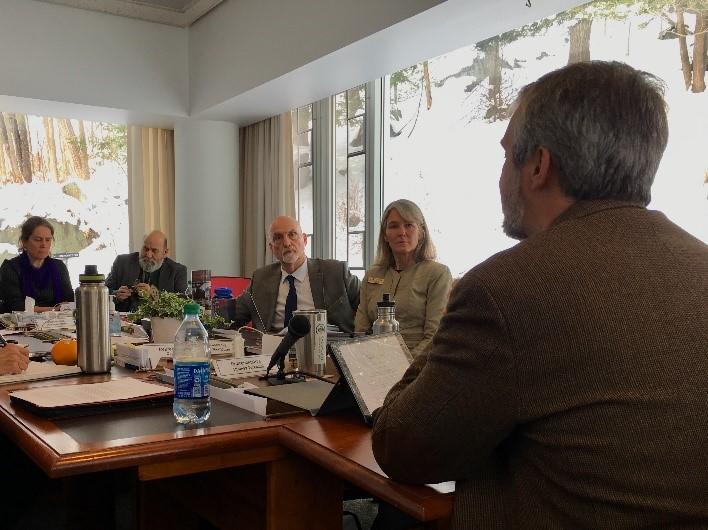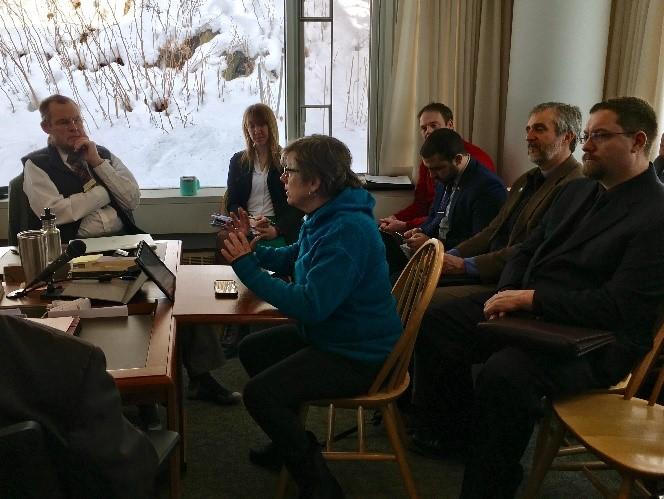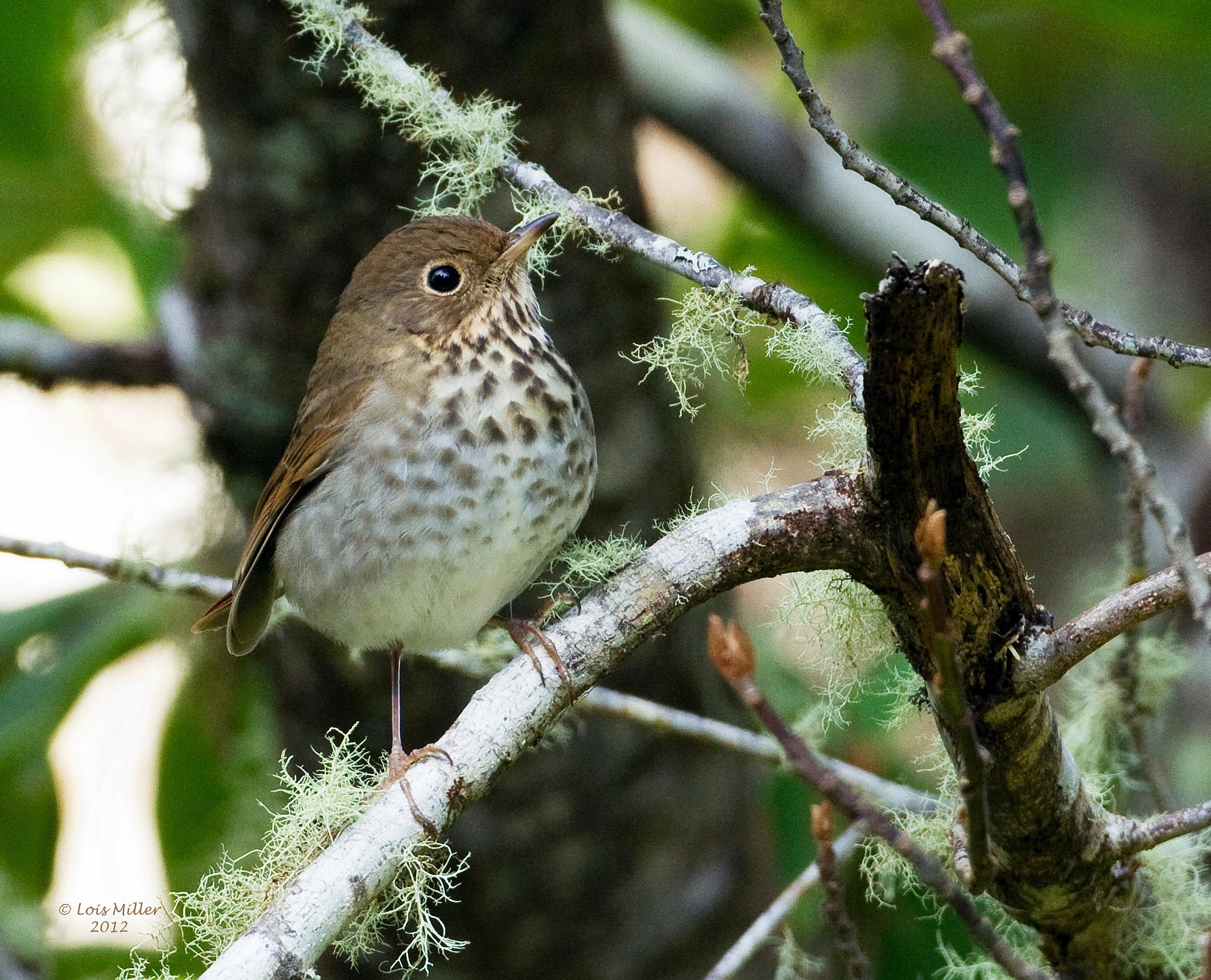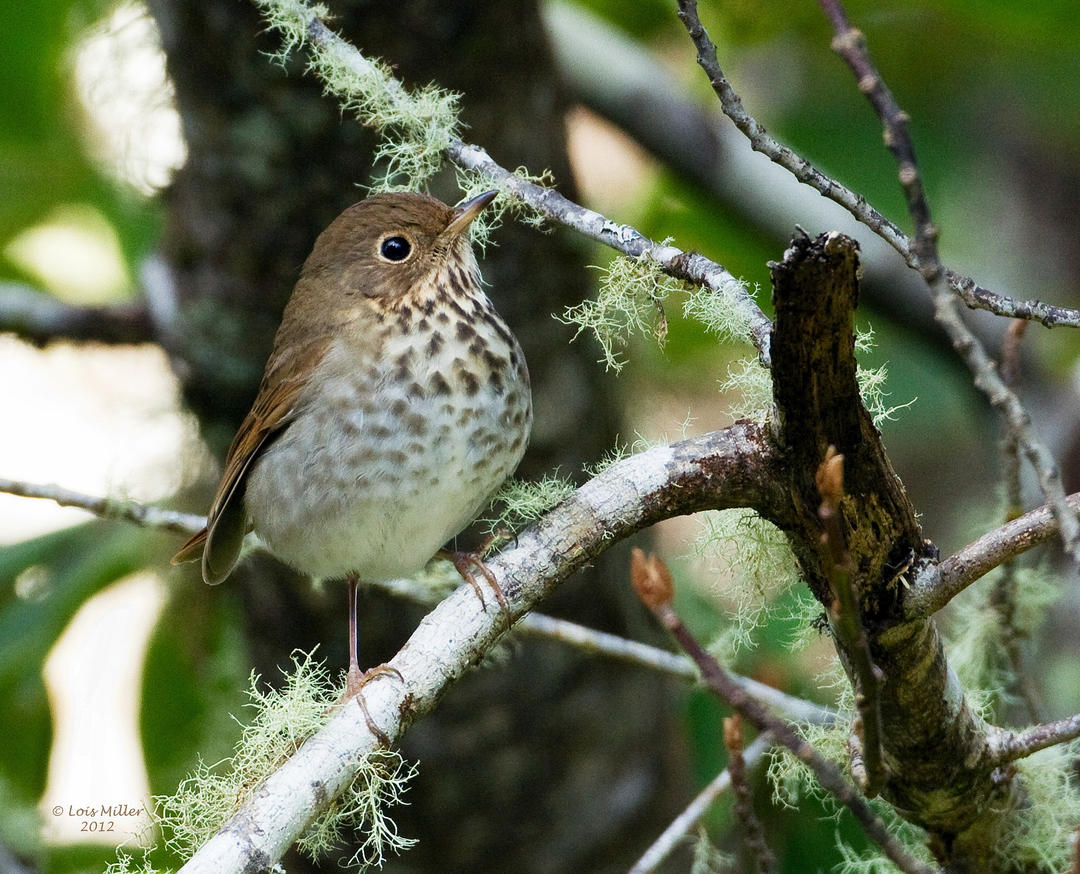Each spring, Vermonters welcome the return of extraordinary feathered travelers from far-away places to our communities, forests, and fields. Seeing so many birds, many may not realize the number of threats facing these beautiful and important creatures. Recent reports have documented the serious threats facing our birds including habitat loss and the climate crisis. In 2017, the U.S. government added to these threats by loosening a century-old law, the Migratory Bird Treaty Act (MBTA), designed to protect birds from human adverse activities.
Healthy bird populations enhance the quality of our lives, our environment, and our economy—from tourism to pest-control to pollination. As a state that prides itself on pristine landscapes and touts the highest percentage of birders in the country, Vermont has a critical role to play in protecting migratory birds.
On January 21, Audubon Vermont testified before the House Natural Resources Committee in support of H.683. Introduced to the committee by lead sponsor Rep. Kari Dolan (D-Montpelier), H.683 is a state law that would prohibit incidental takes of migratory birds. Audubon Vermont applauds the House Natural Resources committee, chaired by co-sponsor Rep. Amy Sheldon (D-East Middlebury), for engaging with bird-lovers on this urgent issue.

“Bird populations are in significant decline across North America and in Vermont as a result of human activities,” said David Mears, executive director of Audubon Vermont. “H.683 will serve as an important deterrent to human activities conducted without regard to the impacts on birds.” Professor Allan Strong, a renowned ornithologist at UVM’s Rubenstein School, urged the committee to “counteract this short-sighted federal policy” and restore protection for vulnerable species. Audubon members Kathleen Guinness, Sue Elliott, Patrick Phillips, and Cory Ross also testified before the committee, sharing on-the-ground stories from Audubon chapters across the state.

For a century, the Migratory Bird Treaty Act (MBTA) demanded accountability from industries and recovery after major disasters, like the Deepwater Horizon oil spill. As a result of MBTA, businesses and developers adopted bird-friendly practices for projects and industrial activities to reduce the potential impact to bird populations and the risk of accidentally killing birds, referred to as an “incidental take”. In December of 2017, however, the U.S. Department of Interior issued a memo stating a new legal opinion that the MBTA only applies to incidents of direct harm—like shooting or trapping a bird. By doing so, they reversed over fifty years of legal precedent, relied on by both Democratic and Republican administrations. In May 2018, the National Audubon Society, along with a coalition of national environmental groups, sued the Department of the Interior on the administration’s move to eliminate the longstanding protections under the MBTA.
Now, the federal government will no longer investigate or prosecute activities that result in bird death—even in cases where deaths were predictable or avoidable—unless the government can prove that the bird deaths were intentional. Adding insult to injury, the U.S. Fish and Wildlife Service just proposed a rule to codify this flawed interpretation.
Vermont’s proposed law, H.683, is necessary to fill the gap left by federal rollbacks of the MBTA, one of our nation’s oldest wildlife protections. Call or write to members of the Vermont House of Representatives and urge them to vote YES on H.683 to protect migratory birds from avoidable deaths.
For a complete list of Vermont House Representatives, click here: https://legislature.vermont.gov/people/all/2020/House
For an inspirational how-to article about raising your voice to the next level, read Audubon Magazine’s “How to Lobby Your Legislators: Remember: Your state representatives work for you.”






